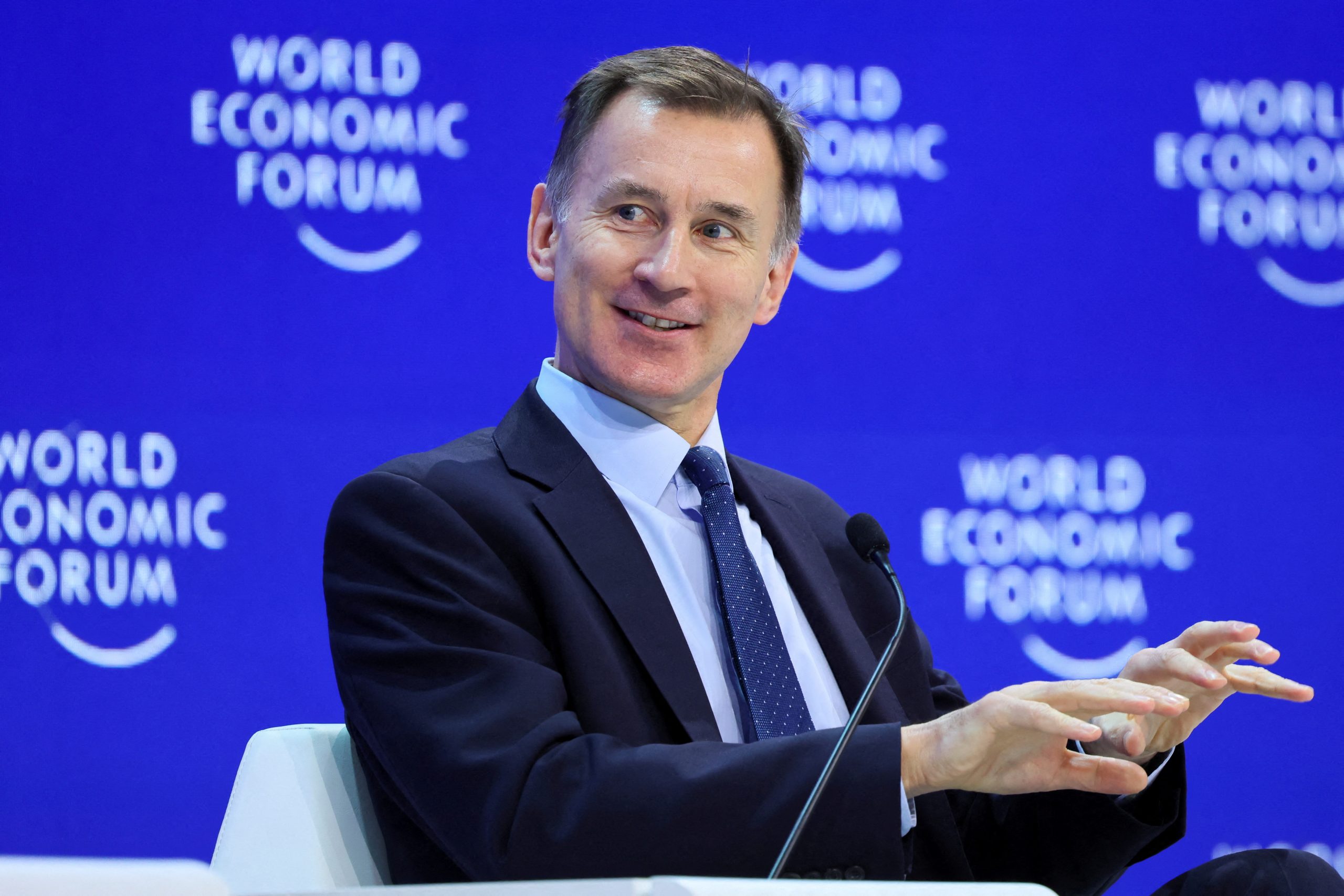Jeremy Hunt’s Budget has passed its initial Commons test, but critics argue that it lacks a groundbreaking announcement to rejuvenate the Conservatives’ electoral prospects.
The Chancellor’s Budget included pre-election giveaways, such as a 2p cut in national insurance for employees and the self-employed starting in April, as well as a reduction in the top rate of capital gains tax on property sales.
Labour has criticized the Budget, questioning whether the Conservatives are offering “confusion, delusion, or denial” and suggesting that a general election may be necessary.
Jeremy Hunt (Credits: Social Housing)
Conservative MP Richard Drax emphasized the need for clear differentiation from Labour, suggesting that Hunt’s approach was overly cautious. Drax had expected a bold announcement, such as abolishing inheritance tax or lowering income tax, to provide a stronger stance against Labour’s policies.
Drax acknowledged the challenging circumstances that Hunt faces but argued that the current direction is akin to a socialist approach, punishing hardworking individuals for funding an unsustainable and bloated state. He called for bold and courageous action to address the challenges the party is facing.
Jeremy Hunt (Credits: The Times)
Backbench Tories from coastal areas reliant on tourism cautioned against the potential impact of Hunt’s plan to end tax breaks for holiday homes. They urged caution in the implementation of these changes to protect the tourism sector.
Shadow Treasury Minister Darren Jones emphasized that Labour is not adhering to Conservative spending plans and refuted claims that both parties are silent on public spending after the election.
The Independent Institute for Fiscal Studies had criticized both parties for this supposed silence, but Jones clarified that Labour has its own spending priorities distinct from the Conservatives.
